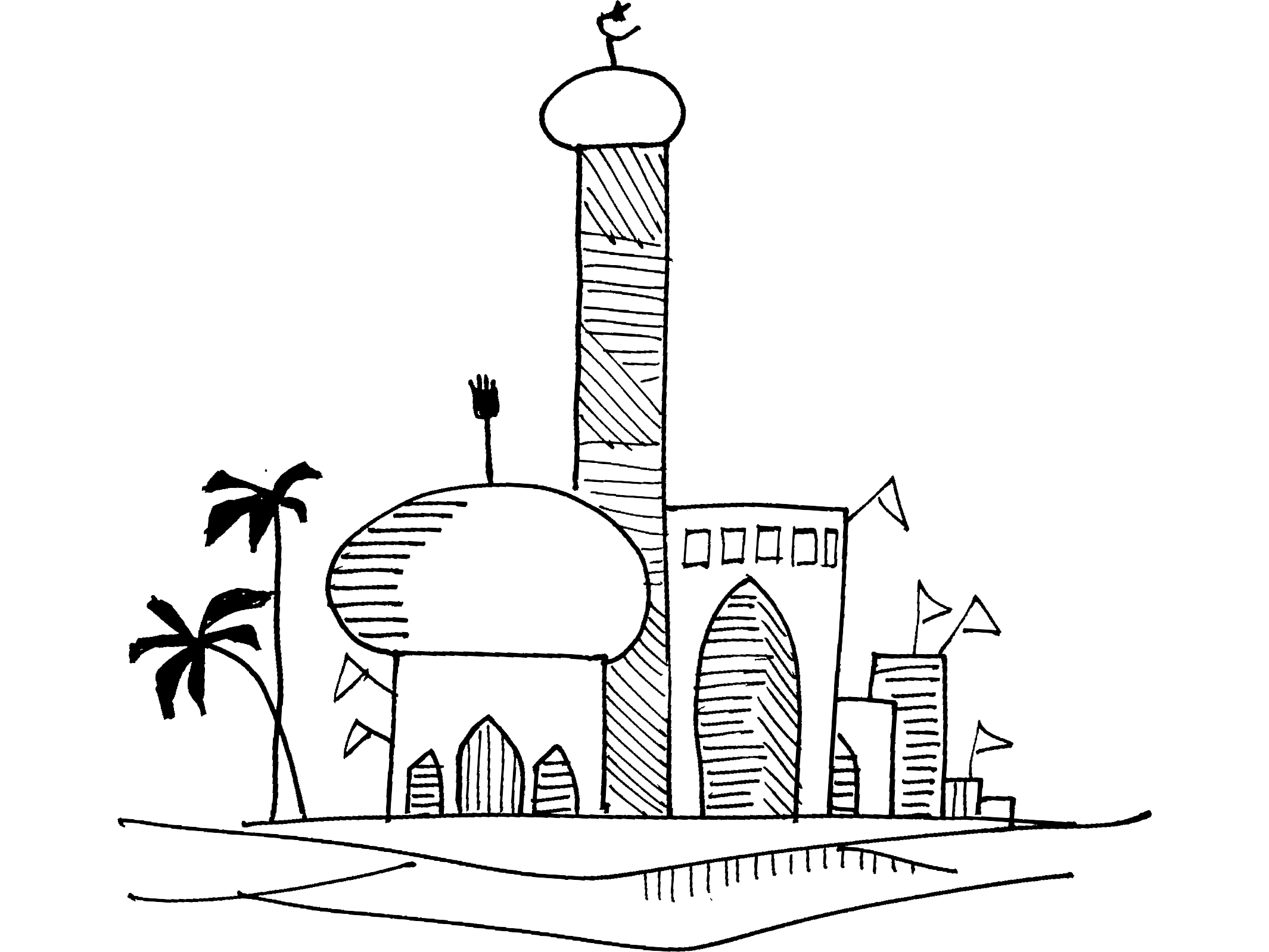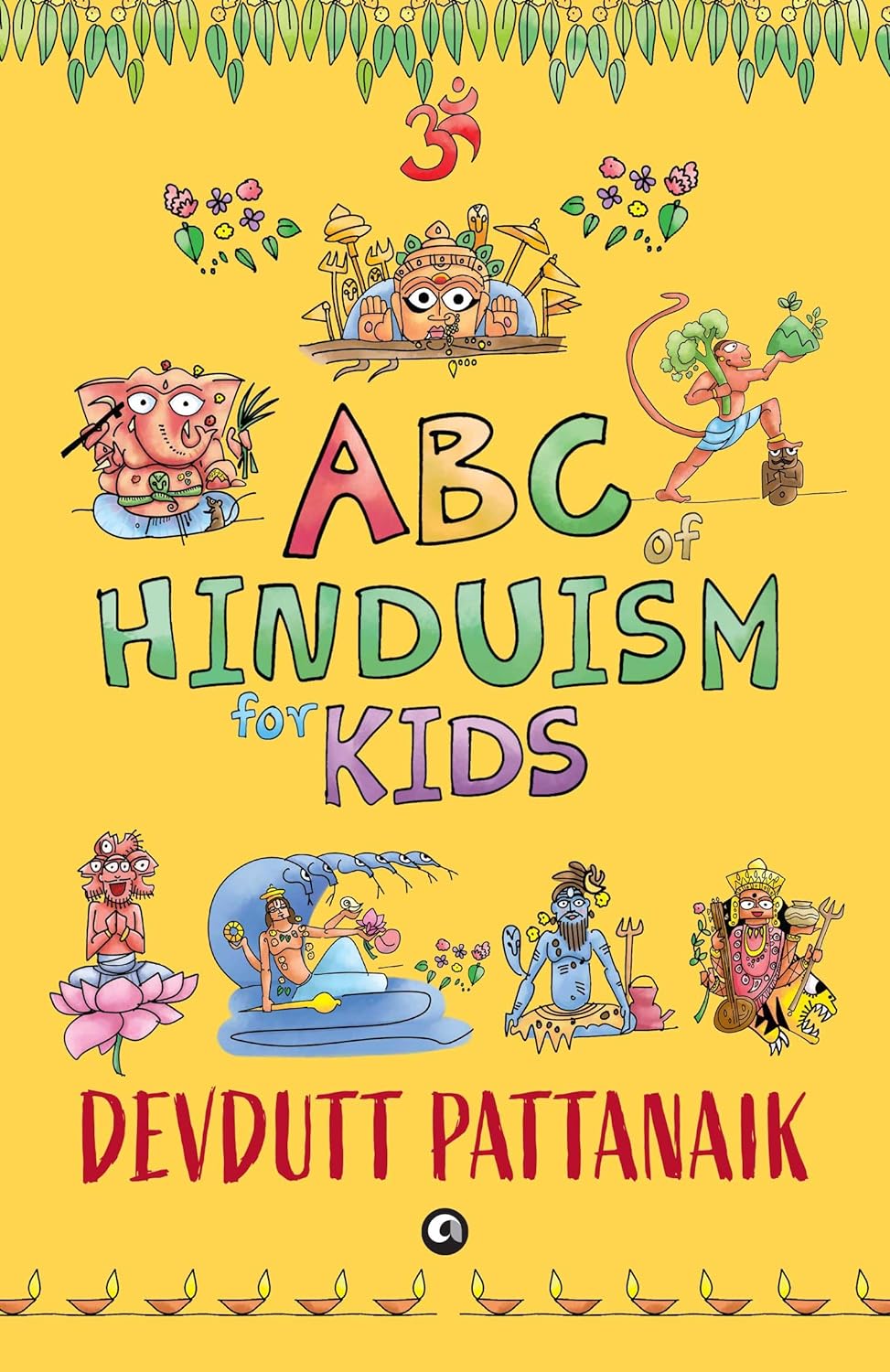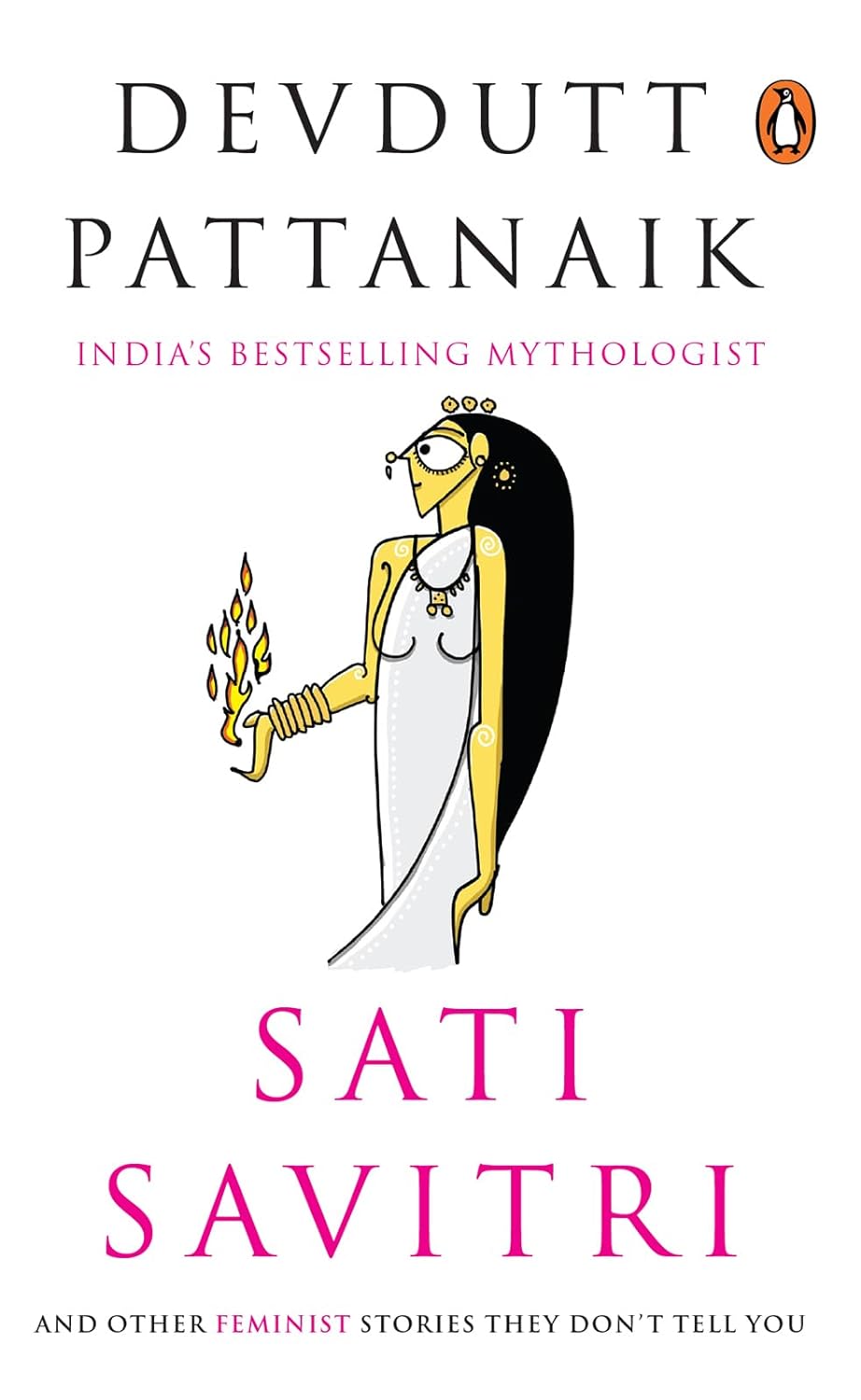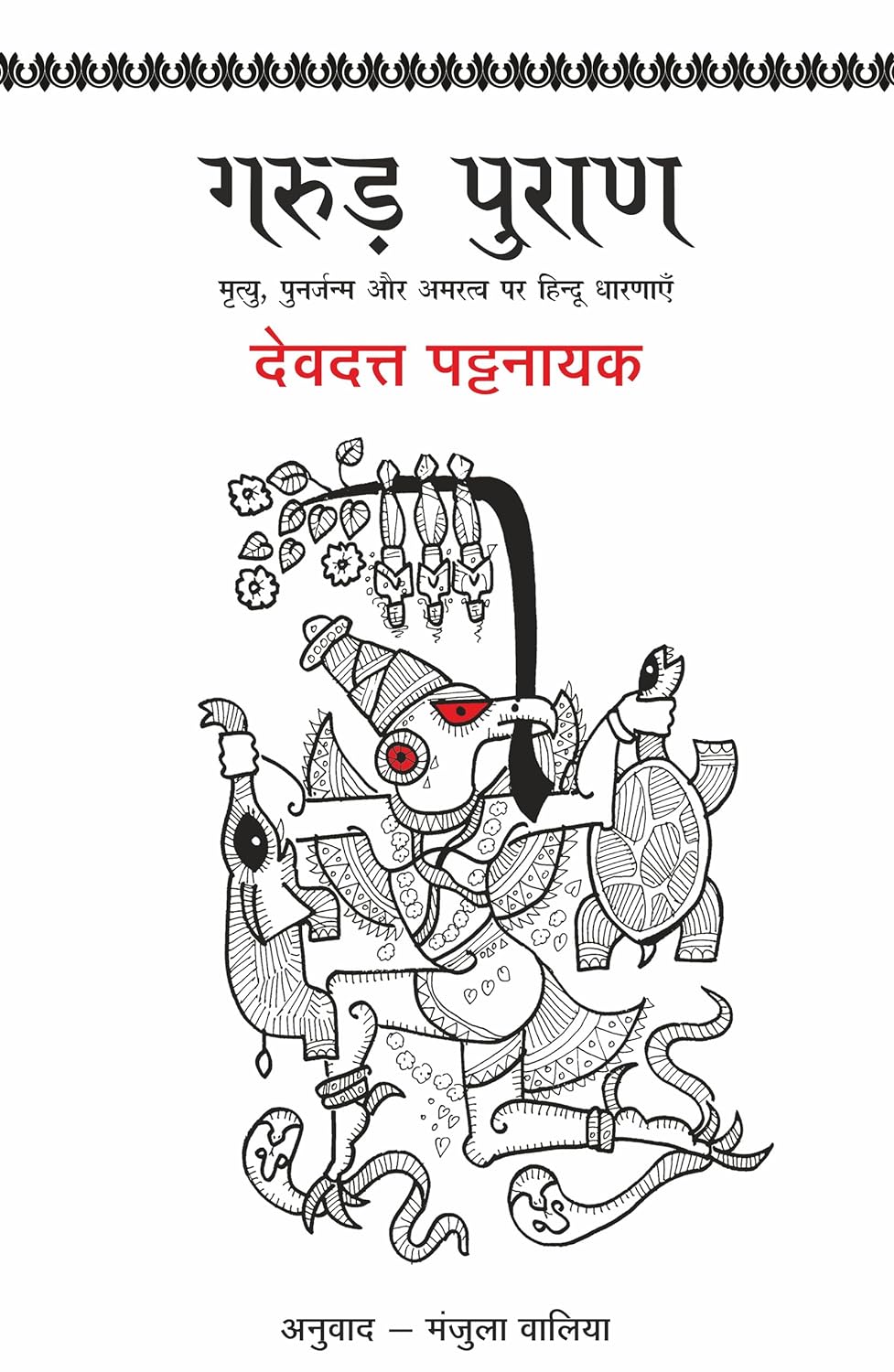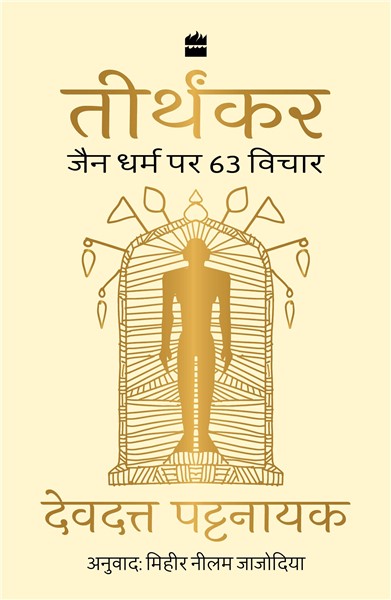April 4 2009 issue.
The Future Group is looking for Duryodhanas. No, the group is not auditioning for the role of the evil Kaurava for an in-house Mahabharata play. Nor is Future Group EO Kishore Biyani planning a plunge back into showbiz with ideas to film Indian mythology’s greatest epic. But the hunt for Duryodhana is on, nevertheless.
“Duryodhanas are employees who play by the rules but whose intentions and integrity are questionable. They are the ones who come to office before time, leave after time, but spend the whole time in office playing solitaire,” says Biyani with his characteristic wry humour. “I have asked my departmental heads to look out for such Duryodhanas,” he adds.
Duryodhana is not just another catchy way to describe employees who play hooky. It’s a part of a whole new lexicon that the Future Group is working hard to create. To achieve this, Biyani has hired a mythologist. Dr Devdutt Pattanaik will help create a vocabulary, symbols and, eventually, a unique style of communication drawn from Indian mythology to achieve Biyani’s ultimate goal: make retail a religion across the length and breadth of the group. His formal designation: Chief Belief Officer.
 Retail mantra
Retail mantra
“Retail is our religion. Customers are our gods. The stores are our temples. In every temple, there are rituals, there are customs. We have to enshrine customers as our gods in our minds. Devdutt will dip into Indian mythology and help us create these rituals, symbols and vocabulary,” says Biyani, who, in his own words, is a “borderline atheist” who has neither prayed since his early teens nor visited a temple. But that does not stop him from understanding or harvesting the power of mythology in a country where there is an auspicious time, method and place for doing everything–waking up, bathing, marrying and even dying.
Take the Kartha ceremony the group has put in place. Kartha in Sanskrit means creator or the head of a family. Every time somebody is hired to head a Future Group store, he or she is anointed as a Kartha. That does not just translate to a fancy designation on a rectangular visiting card. It’s much more. “We seat the Kartha on a chair and all the employees stand around him. His family members–wife, siblings and parents–are invited to the ceremony. His boss reads him out his duties as a Kartha, which is to ensure the welfare and happiness of employees and customers,” says Sanjoy Jog, Chief People Officer, Future Group. Sounds tacky? Well, the results are not.
“The store manager of the last store that we opened (in Surat) had worked all his life for an MNC. As his duties were being read out, tears rolled down his cheeks. We have beaten the life out of the competition in that place. What would have taken us six months in terms of aligning mindsets happened with a single ritual,” adds Jog, whose office in suburban Mumbai has 11 Ganesha idols.
Drawing parallels
Sceptics might scoff that an induction like this might work only with blue-collared workers, and not the highly educated. The experience shows otherwise. When the Future Group appointed the CEO of its insurance business, it decided to have the same ceremony. “Halfway into the ceremony, Jayant (Khosla), the Kartha, an IIM-A graduate with more than two decades of MNC experience, started choking up,” says Jog.
Jog argues that fables and tales from mythological texts succinctly explain a theoretical sounding management concept, something that a 20-page case study from the Harvard Business Reviewwould labour to get across.
A sample: the age-old tale of Kalia the snake. Legend has it that Kalia the snake lived in a lake outside Mathura. The snake was so venomous that it poisoned the whole lake. When Krishna subdues the snake and asks him why he is afraid to move, Kalia says that he is afraid of being eaten up by Garuda the eagle, who is hovering outside. So, Krishna assures Kalia safe passage, and all’s well again. Pattanaik narrated this story and interpreted it as a case for change management. Kalia does not move because he is afraid to leave the familiarity of his comfort zone, and ends up poisoning the whole lake. So, it’s important he moves. Moral of the story: change might be tough and scary, but if you don’t, you will take everybody down with you. “When Pattanaik narrated the story, the rationale for change management was clear to every person,” says Jog
Meanwhile, the Vishwakarma of the Kartha ritual, Pattanaik, is busy meeting the Future Group’s senior management, brainstorming, evangelising, telling them stories of gods and goddesses, and summarising their lessons. He narrates yarns of legendary king Vikramaditya and the sagely ghoul Vetal and fables from the Mahabharata to prove a subtle point or two about change management or handling tough times. “We’re looking at stories that have lasted the test of time, like the Ramayana, the Mahabharata and the Bible. That’s proof of their effectiveness,” says Pattanaik, whose favourite mythological text is the Bible.
Different strokes
“Biyani has great intuition about the intuitive sense of India. What I have is a vocabulary. We clicked because our understanding of Indian-ness matched,” says Pattanaik, who believes that Indian businesses are aping the west by putting too much emphasis on “processes” over intuition and culture. “You cannot standardise a smile. Similarly, you cannot standardise service for a country as diverse as India,” he adds.
The diversity of India–in terms of religion, culture and economic power–is something that the Future Group tracks closely and, thereby, profits from. That, perhaps, explains why a Big Bazaar store in Sangli (Southern Maharashtra) organises a kumkum ceremony for its women clientele. Or why a Big Bazaar store in Mumbai Central is the only store in that format that stocks burqas. The area has a significant Muslim population catchment. The store organises an iftaar party during the holy month of Ramzan.
“Women in Northern India would hate it if a shop-floor assistant stared over their shoulder or tried to help them. On the other hand, a maami in Tamil Nadu would probably love it if a sales person tagged along holding her shopping cart,” says Jog. “One system, one process doesn’t work for the country. Therefore, it makes sense to work on beliefs and culture.”
It’s an insight that Kruben Moodliar, a fourth-generation Indian from South Africa and CEO of Future’s learning initiatives, gained while interacting with his trainees. A retail professional, with decades of international experience in setting up processes and standard operating procedures, Moodliar had a tough time making trainees and staff follow a simple process like the opening and closing of a store. “They would constantly find new ways of doing things,” jokes Moodliar. So, when the company wanted to open a new store in Agra, the employees were boarded onto a train and packed off to the group’s training centre in Ahmedabad. Among other things, the employees were asked to repeat a simple chant daily: “I’m getting better everyday, I recognise that you are getting better everyday. We are getting better everyday.”
“It’s amazing what this has done to the store. Whoever walks in says that the vibe in the store is fantastic. Employees are also asked to greet each other with a Namaste,” gushes Moodliar. Namaste, in fact, is the preferred form of greeting at the Future Group. Most of the mails that Biyani gets from employees begin with a Namaste. That seems to be the crux of what the Future Group is doing–an anti-thesis of the McDonaldisation of service. Service with a smile, but no forced ones, please.
“What’s the purpose of creating a standard operating procedure? It is unsupervised compliance,” says Group Customer Director Damodar Mall. “And what’s the world’s greatest example of that–of people following rules, mores, irrespective of their background or education? It’s religion. When we realise that, why can’t we use the vocabulary and symbols of that world, and take it to enhance the world of business,” asks Mall.
The storytellers
Ask Pattanaik about what he has in store for the group, and the Chief Belief Officer has this to say: “We hope to create kathakars (storytellers) who will take the message throughout the organisation. How did the Bhakti movement spread across the country? It spread through songs and stories sung from one person to another.”
A movie buff, Biyani has been an ardent student of storytelling. His presentations, be it to employees or ministers, are peppered with Bollywood characters like Bunty Aur Babli or comic heroes like Tintin. With Pattanaik on board, those characters are likely to give way to mythological characters like Krishna or Moses. That’s a significant shift, as they are part of our phyche and influence us in more ways than we know.
Critics might argue that workplaces, worldwide, are moving towards becoming secular environs, antiseptic offices, which, in a perfect world, should be as far away as possible from religion and mythology. Firstly, it’s not a perfect world. Secondly, here’s a pointer in the other direction. Nike is not a randomly chosen name. It’s the name of the Greek goddess of strength, speed and victory. Apollo, Amazon, Delphi, Mars, Odyssey and Olympus are a few brands that are named after popular mythological characters. The Future Group is simply taking mythology to another level.



